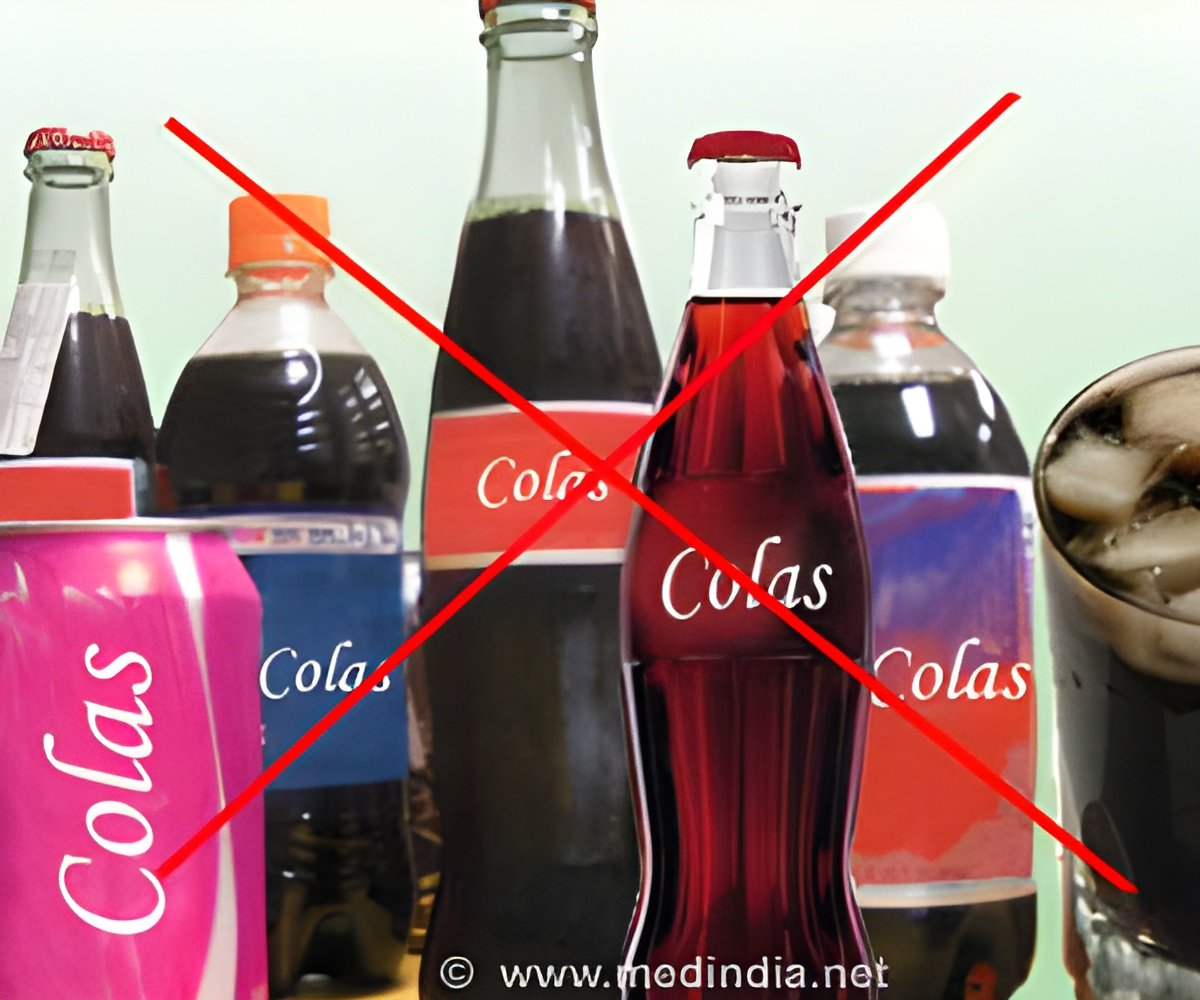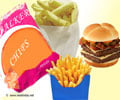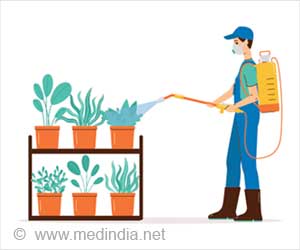
"This is about transparency, telling the truth about these products and let the consumers decide by themselves," said Harold Goldstein, one of the dozens of doctors and other experts who attended the "Soda Summit" Wednesday and Thursday.
At a news conference, Goldstein called for passage of a bill requiring warning labels to be affixed to sugary drink containers.
The bill already passed the state senate in California at the end of May, and once Governor Jerry Brown signs it, the state will become the first to adopt the rule.
The language is similar to warning labels for cigarettes: "Drinking beverages with added sugar contributes to obesity, diabetes, and tooth decay.?
"Give people the information at least," said Goldstein. "Once they have the information, then they will be ready for more."
Advertisement
- Winning the war -
Advertisement
To dramatize the amount of sugar that goes into soft drinks, tables at the conference were covered with soda bottles, along with their equivalent in powdered sugar. So an ordinary 20 ounce bottle would contain the equivalent of 16 teaspoons of sugar and 240 calories.
Besides contributing to weight gain and obesity, heavy consumption of drinks with added sugar like sodas, energy drinks, and sugary fruit juices is the direct cause of serious illnesses.
Kimber Stanhope, a biologist at the University of California, Davis, showed how sugars lead directly to fattening of the liver which leads to metabolic diseases, diabetes and cardiovascular diseases.
If the current levels of consumption do not change, 33 percent of boys and 38 percent of girls born in 2000 will develop diabetes or pre-diabetes, projections that rise to 50 percent in the case of African American and Hispanic populations, according to conference organizers.
Still, anti-soda activists are optimistic that they are winning the soda war.
"The signs of early victories in this war are that soda consumption, particularly consumption of sugar sweetened sodas, is down significantly" from a peak in 1998, said Jim Krieger, an organizer. "People are getting the message."
Annual US consumption has dropped from 55 gallons to 44 gallons, a 17 percent decline, and water consumption has increased 38 percent over that period.
Source-AFP











